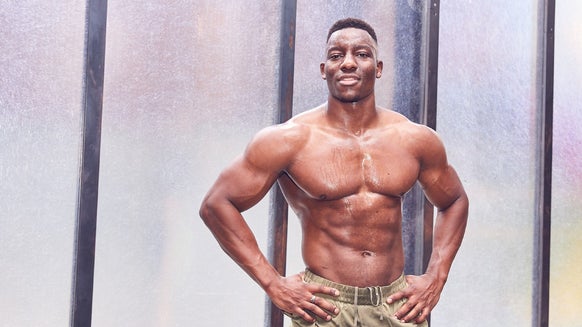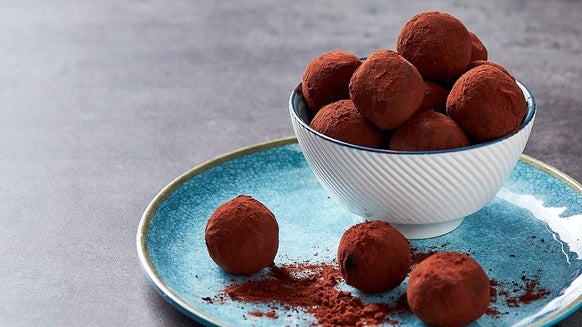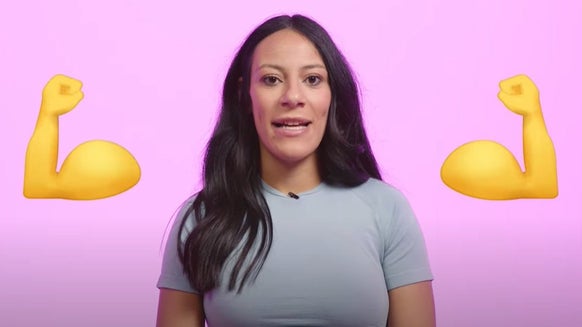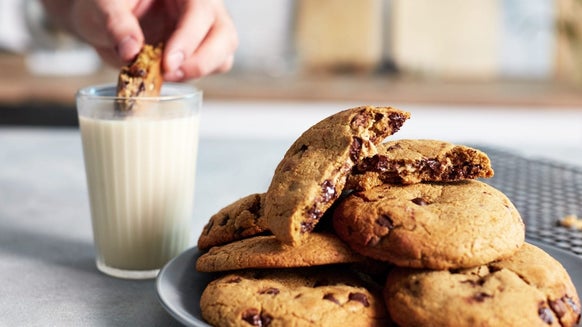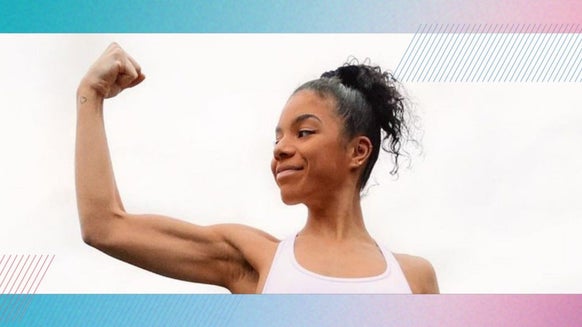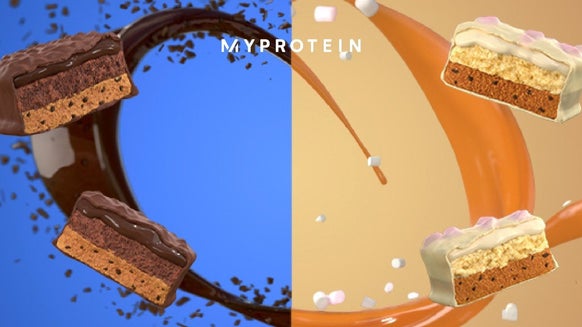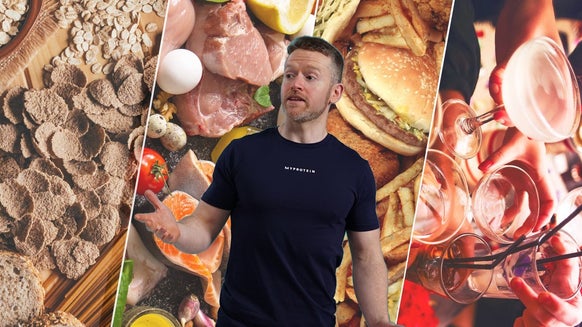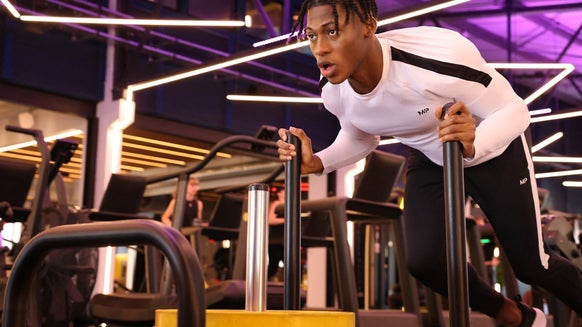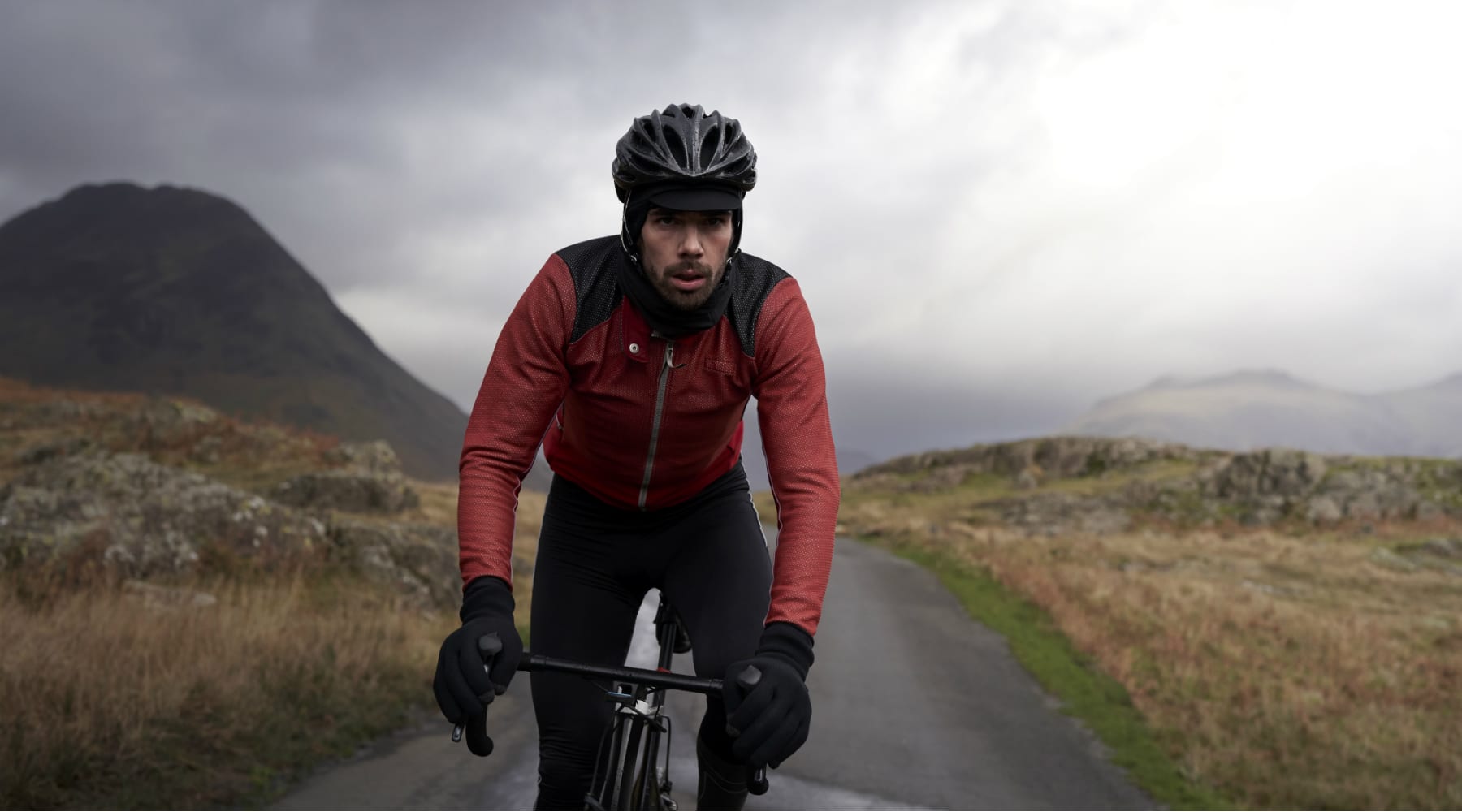
Whether you’re just heading out for the day, or taking on an intense sportive, good nutrition before and during a ride is essential for powering those legs and reaching those PBs. Getting it wrong can mean you’re left short of energy to make it all the way, or to sluggish to keep up the pace.
Knowing what to eat for a big ride will allow you to plan for an effective training session or a successful race. Eating before a ride means that your muscles have quick available energy to power up that hill or sprint across that finish line. Fuelling your body during a cycle is only really essential on a long ride, so we’ve got all the information on how to plan for this.
To start us off, double Olympic medallist, Bryan Steel, told us a little about his nutrition plan before and during a big ride: “The morning before a big ride is all about the carbohydrates for me. This doesn’t mean a fancy blend of anything, simply a bowl of cereal and some toast is perfect.” He says, “Once you set off, you really don’t need to eat anything until the 90-minute mark, then you need to be re-fuelling every 20 minutes.”
Get more tips and training support from Bryan at Engage and see how he can improve your performance. Let’s start with what to eat before a big ride…

The Day Before
There’s no need to dramatically alter your diet the day before a race. Simply eat as you usually would – hopefully reasonably balanced! What you want to concentrate on is making sure that you drink enough water through the day. The last thing that you want before a race is to be guzzling water when you have to sit on a bike for the next few hours.
Studies have also shown that dehydration is detrimental to cycling performance, so ensure that you’re well hydrated before your ride if you want to glide through the miles.1
The Morning Before
Keep it simple – you don’t need to slave over a hot stove to make a huge breakfast that’s only going to make you sluggish. Studies have shown that consuming carbohydrates an hour before moderately intense and prolonged exercise can improve performance.2 So, do like Bryan and stock up on toast and cereal.
Aim for a cereal with a lower-glycaemic index such as oats for slow-release energy that will fuel you for longer. Eat enough so that you’re pleasantly full, but not overly full as this can lead to sluggishness.
You should be well-hydrated from the day before, so don’t go overboard on drinking litres of water either.

During the Ride
It can be easy to imagine your super-strong legs carrying you through, without an ounce of food, but this is really the case. Studies show that for endurance sports, the most likely contributors to fatigue are dehydration and carbohydrate depletion.3
This means drinking enough so that your thirst remains manageable. The amount you can manage could be anywhere between 500-1000ml per hour depending on your build and the conditions. If you get caught up in the ride and forget to drink, then set a reminder for every few minutes and take a swig.
When it comes to food, you definitely don’t want to overdo it, as this will affect your performance as much as undereating. The energy also needs to be convenient, so opt for energy bars or gels for easy-access food. Studies show that you need around 60g of carbohydrate per hour, so work out from the nutritional information on your snacks how many you’ll need every 20-30 minutes after the 90-minute mark.4

What to Eat During a Ride
During your ride you want a fast delivery of energy, so foods with a high-glycaemic index. Good options include:
- Apricots and dried fruit
- Energy gels
- Energy bars
- Isotonic energy drinks
- Fig rolls
Take Home Message
Getting your nutrition right for a long ride comes down to personal preference as to what and how much you consume, but these guidelines should give you a good idea of what you need at each time and roughly how much to keep you performing at your peak.

1 Ebert, T. R., Martin, D. T., Bullock, N., Mujika, I., Quod, M. J., Farthing, L. A., … & Withers, R. T. (2007). Influence of hydration status on thermoregulation and cycling hill climbing. Medicine and science in sports and exercise, 39(2), 323-329.
2 Sherman, W. M., Peden, M. C., & Wright, D. A. (1991). Carbohydrate feedings 1 h before exercise improves cycling performance. The American journal of clinical nutrition, 54(5), 866-870.
3 Jeukendrup, A. E. (2011). Nutrition for endurance sports: marathon, triathlon, and road cycling. Journal of sports sciences, 29(sup1), S91-S99.
4 Jeukendrup, A. (2014). A step towards personalized sports nutrition: carbohydrate intake during exercise. Sports Medicine, 44(1), 25-33.
